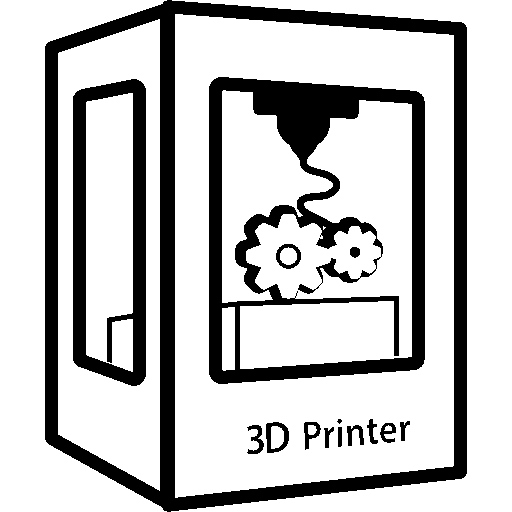These have to be the least accurate things I have ever seen.
The rectangular one is accurate or accurate enough and has been what I used but I noticed files all had cutouts for these round hygrometers…
Well from my 6 pack 1 is within a margin of error to even be useful.
I get they aren’t expensive but seems like a waste of money for this bad.


@Krauerking@lemy.lol Hygrometers are only as good as their components. Buying a DHT11/22 or SHT31 from AliExpress ($1-2) alongside an ESP8266/32 and you’d have much better results than buying these “are my cigars dry” pucks.
I’d really love to know how, once having purchased and aquired these two parts, how to join them, and get them powered, and to display. this is like secret engineering knowledge i’d love to be walked through
@shoulderoforion@fedia.io I have about $150 worth of Ali parts and components coming just this month for whole house monitoring for this kinda thing - temp, humidity, CO2, VOCs, pressure, light sensors etc. Would be glad to ping y’all once that writeup is done :)
that’d be awesome abe, thanks
LOL same. And this is why I bought bad tech. It’s a whole wild world if you can actually take electronic components and just wire them together and program them yourself.
You might just end up spending all your time doing that, though.
Good times.
I’ve been through all the junk Amazon hygrometers, name brands, no name, all junk. How has your experience been with the inkbird ITH10? I hope abe writes up a walkthrough for the DHT11/22 and ESP8266/32 setup, it’d be neat to order from Ali and work something up.
Just bought them after the realization of this. I will try to make sure I let you know as I found a really good deal that I’d be happy to share as well if they are good as long as you are fine with used.
cheers mate
@Krauerking@lemy.lol ALRIGHT. I just got all my sensors today. I’ll do a quick test with BME280s, 680s, and SHT41s later this week (Once I figure out that I’ve received all the sensors I wanted). I also got a few commercial Zigbee sensors for temp/humidity to compare against, just in case.
In either event, curious question for both y’all - did you calibrate/compensate your hygrometers with sealed container and table salt?
So I got my inkbird ITH10s and they are at least for me what I was looking for.
They aren’t all perfect and have a slight variation between them but they are consistent and only cost me $14 for 6 of them. And I’m really only trying to get a rough idea of difference between enclosure types.
But yeah these do feel consistently like e-waste that for most people’s need of tracking if their humidity on their filament has gone too high that the answer is just the color changing paper readers. That or old mechanical ones that are always on in a simpler way.
I’ve tried the old spring one’s too, and the spring quality determines the accuracy, but again, not over time. Turns out the Inkbirds are equally as accurate as the Protmex showed, all the TermoPro’s were junk, and after a brief chat with ThermoPro customer service they refunded my entire purchased which was over 6 months ago, so that was nice. I think my body has been conditioned by bad Hygrometers to misjudge waht 40% rh should feel like, but the inkbirds were a good find, am gonna keep the protmex to do spotchecks on the inkbirds every nowa and again
I don’t even think these would helpfully let you know if your cigars are dry. 2 of them barely changed humidity over time and I noticed the sensors were flush with the board instead of exposed.
I ended up buying inkbird ITH10s because I generally don’t go completely self made since I’m not overly tech crafty and more work with my hands crafty.
I’ve had massive differences in readouts in DHT22 from aliexpress. They are really not good sometimes
@callcc@lemmy.world SHT31/41 are better than DHT22 tbf. DHT would have a variance of about 2-5%. It also takes a while for it to stabilize.
Thanks for the tip. The BME280 are also not too bad.
@callcc@lemmy.world True - but it really depends what you’re measuring with BME280/680s though (680>280). As a combination temp/humidity/pressure they’re excellent, but for humidity alone I think SHT gives better “expected” readings than BME.
Someone nerded it out on arduino forums about five years ago: https://forum.arduino.cc/t/compare-different-i2c-temperature-and-humidity-sensors-sht2x-sht3x-sht85/599609/10